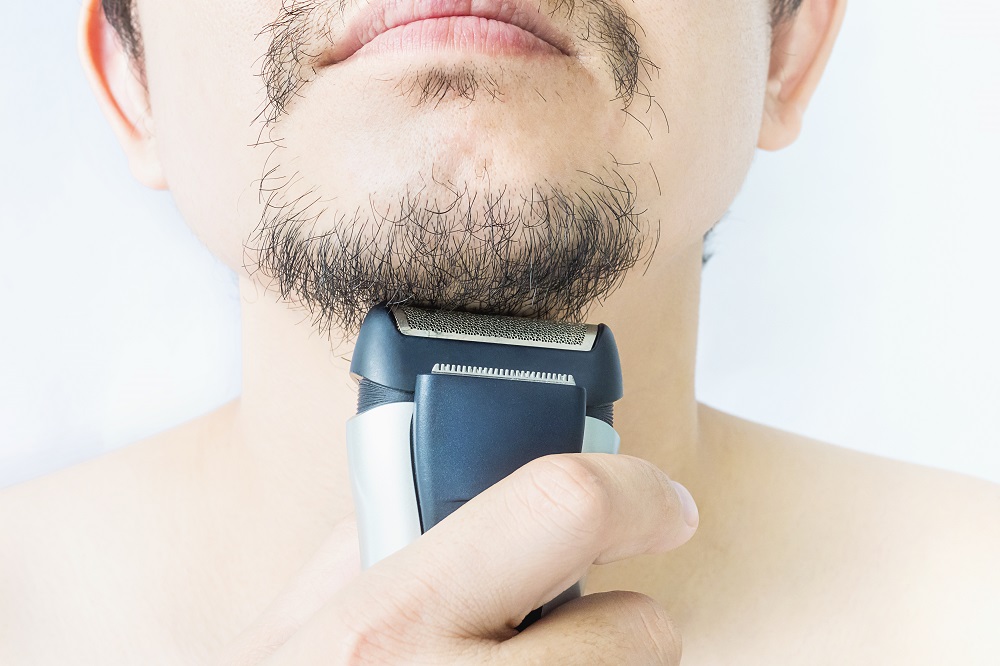Hirsutism Treatment in Bhopal
What Is Hirsutism?

Compassionate, Expert Hormonal Care for Women
Why Choose Dr. Sailesh Kumar Bansiwal?
- Over 11 years of clinical experience in endocrinology
- Deep expertise in treating PCOD, CAH, and adrenal issues
- Gentle, non-judgmental approach to every case
- Emphasis on long-term health, not just short-term fixes
- Transparent, affordable, and ethical treatment plans
Common Causes of Hirsutism
- Polycystic Ovary Syndrome (PCOD/PCOS)
- Congenital Adrenal Hyperplasia (CAH)
- Cushing’s Syndrome
- Androgen-secreting tumors
- Obesity and insulin resistance
- Familial or genetic tendencies

Treatment Options for Hirsutism
1. Medical Care for Hirsutism Treatment in Bhopal
As part of Hirsutism Treatment in Bhopal, Dr. Sailesh Kumar Bansiwal provides personalized medication plans. These include oral contraceptives to lower androgens, anti-androgens like spironolactone to block male hormones, and metformin to improve insulin sensitivity—especially in PCOD cases. Each treatment is carefully monitored for safety and effectiveness.
2. Lifestyle Tips for Hirsutism Treatment in Bhopal
Lifestyle changes are essential in Hirsutism Treatment in Bhopal. Dr. Bansiwal offers guidance on healthy eating, regular exercise, and stress control. These habits help improve hormonal balance and enhance the overall success of treatment.
3. Cosmetic Help in Hirsutism Treatment in Bhopal
For quicker results, Hirsutism Treatment in Bhopal may include cosmetic options like laser hair reduction, electrolysis, or temporary methods such as waxing. These treatments, combined with medical care, offer both relief and confidence.
Diagnosis: Uncovering the Root Cause
- Comprehensive medical history
- Physical examination
- Hormonal blood tests (androgens, thyroid, insulin, etc.)
- Pelvic ultrasound to check for ovarian cysts
- CT or MRI scans (in rare cases)
Hirsutism and Fertility
FAQs – Hirsutism Treatment in Bhopal
Not necessarily. With proper hormonal treatment and lifestyle changes, hirsutism can be controlled or significantly reduced.
Sometimes, yes. It may indicate PCOD, adrenal tumors, or other hormonal disorders. That’s why proper diagnosis is essential.
It depends on the underlying cause. Most patients begin to see changes within 3 to 6 months of starting treatment.



